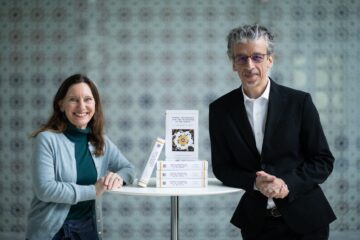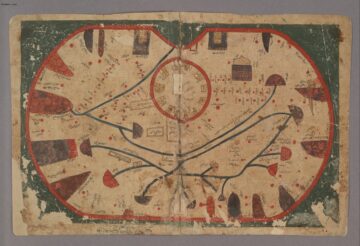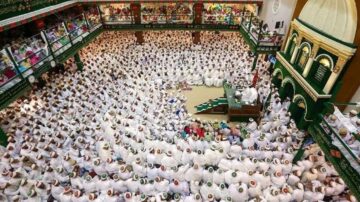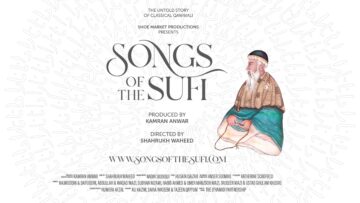
-
Status
Applications Open -
Date
11 Jun 2024 -
Location
Aga Khan Centre
Spirituality in its authentic sense transforms the nature of human beings and unveils for them the spirituality with which the natural world, untainted by man, is imbued. The reduction of nature to a vast machine in the modern West is a consequence of the eclipse of authentic spirituality resulting from the advent of modernism. The environmental crisis, which now threatens human life itself, is the result and consequence of the dimming of the light of spirituality within the mind and soul of humanity. The causes of the environmental crisis first are simply improper use of technology but have their roots in the crisis within the spiritual landscape of contemporary human beings. In rebelling against heaven humanity has become the destroyer of the earth and of the harmony and spiritual emanation of nature.
Please register via the Temenos website. A limited selection of tickets will be available for IIS staff and students for free, on a first come first serve basis. To book, please contact temenosacademy@myfastmail.com.
Time: 6.30pm
Filming and photography will take place during this event.
Speaker

Seyyed Hossein Nasr
University Professor (George Washington University)
Seyyed Hossein Nasr is University Professor of Islamic Studies at The George Washington University. He has authored over fifty books and over five hundred articles, including pioneering works on religion and the environment, such as Man and Nature: The Spiritual Crisis in Modern Man and Religion and the Order of Nature. Dr Nasr graduated from MIT and Harvard University in the 1950s and was Dean of The Faculty of Arts of Tehran University (1968-1972), president of Aryamehr University (1972-1975), and founder and first president of the Imperial Iranian Academy of Philosophy (1973-1979). He was the first Muslim to deliver the prestigious Gifford Lectures in 1981. In addition to his writings, Dr Nasr’s productivity has continued with his training of several generations of scholars.
More from Dr Nasr
Seyyed Hossein Nasr is a co-editor of the Anthology of Philosophy in Persia series. IIS sat with Dr Nasr to discuss the challenges of compiling these anthologies and his efforts of incorporating Persian philosophers from across different eras and schools of thought.
Event sponsor







